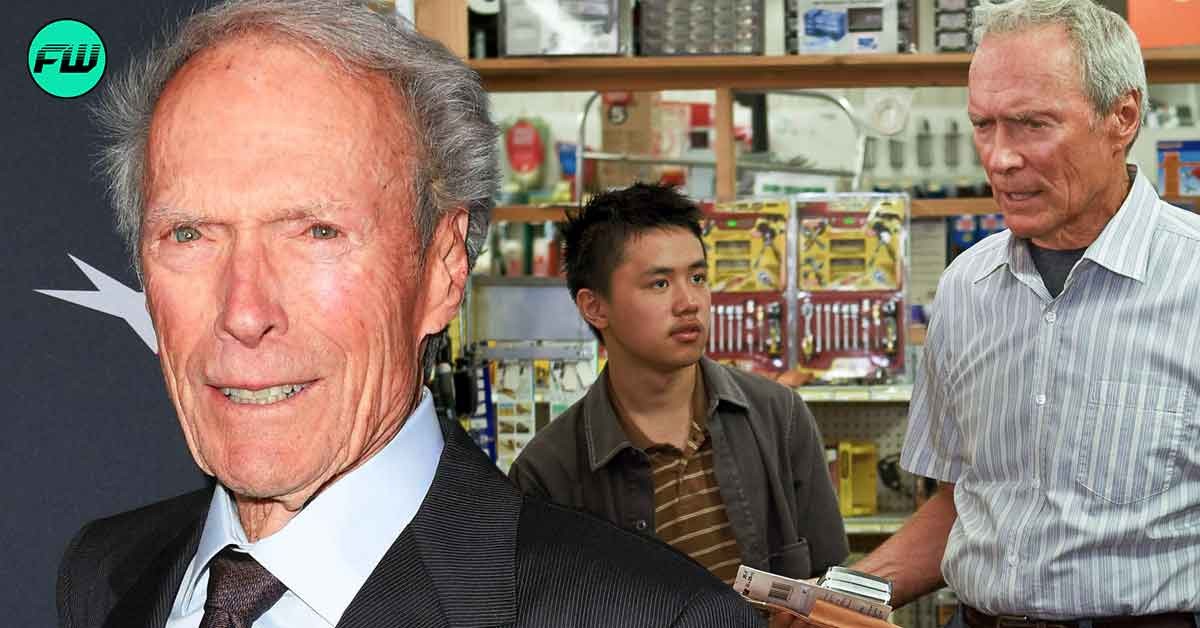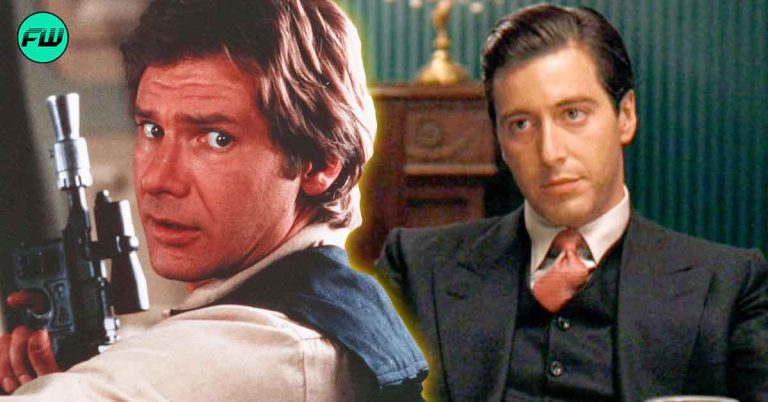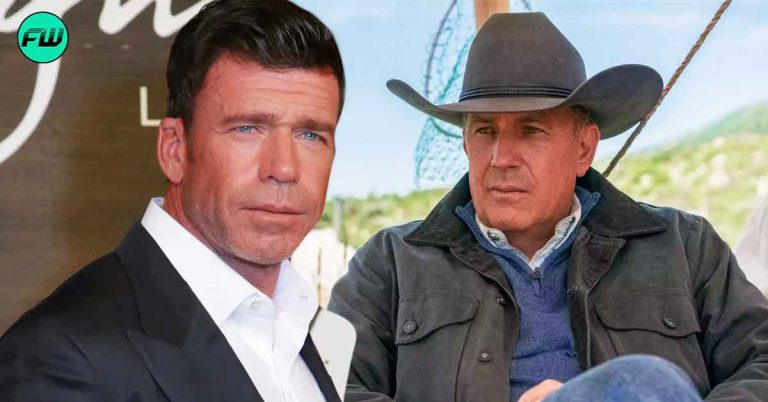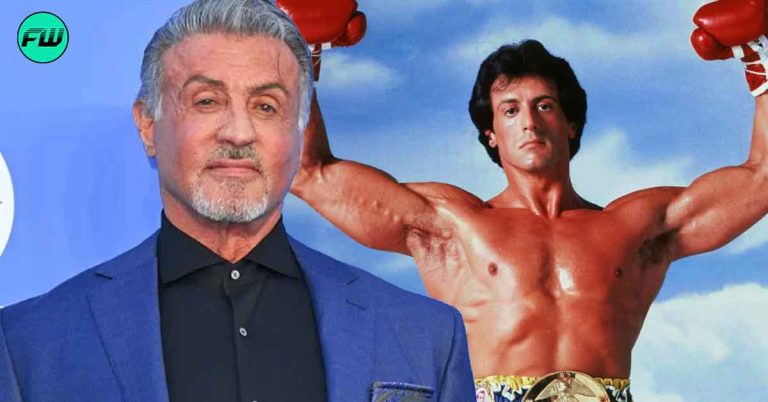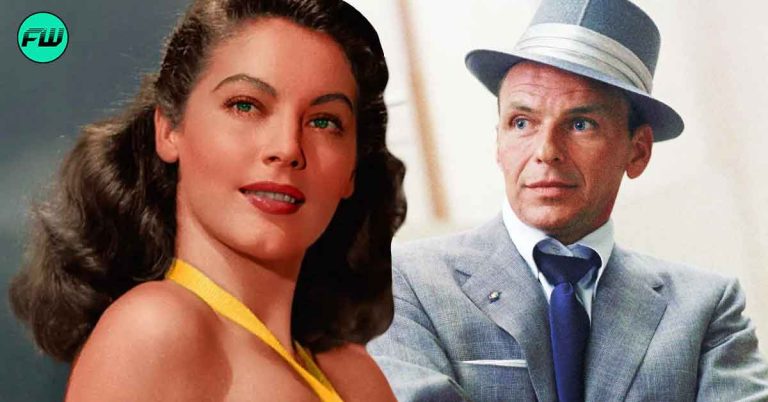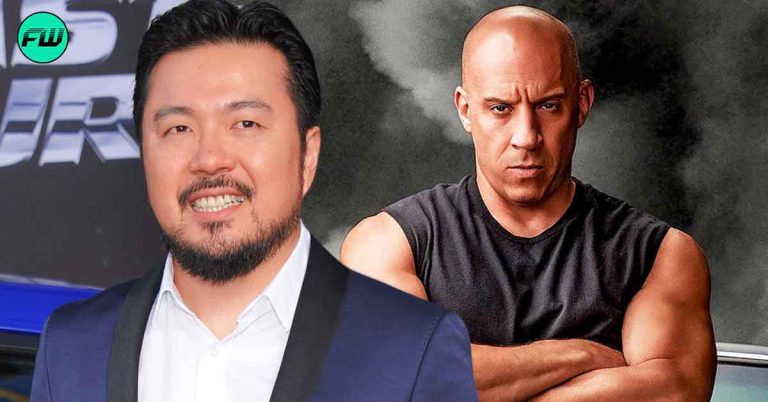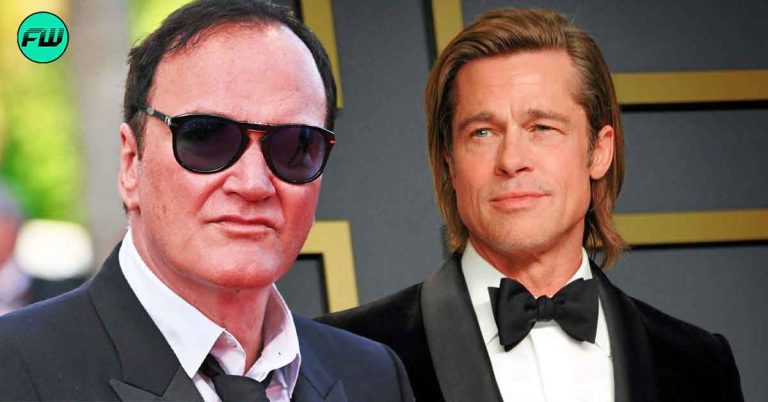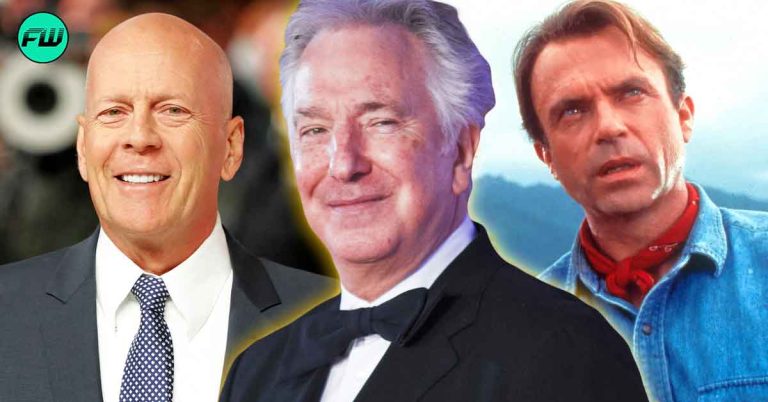Clint Eastwood has, no doubt, been a terrific actor and an even better filmmaker throughout his career in the film industry. Yet, along with entertaining people with his captivating performances and compelling storylines, the 93-year-old has also produced some rather controversial projects as well, including his 2008 widely criticized masterpiece, Gran Torino.
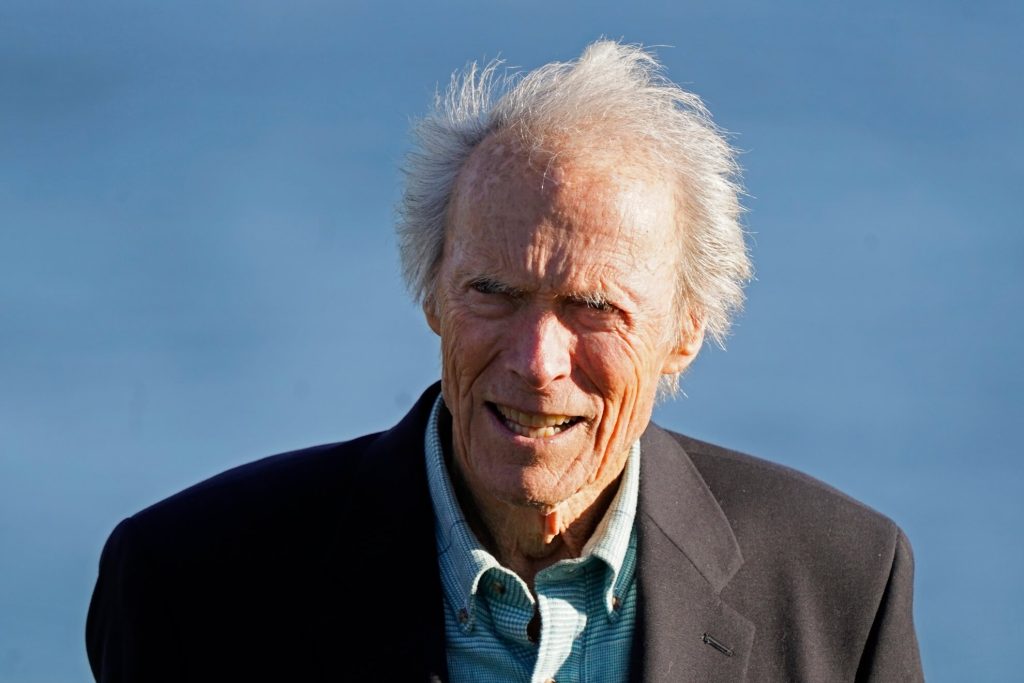
Although the movie was globally acclaimed despite being criticized as well, what caught Clint Eastwood off guard was how his co-star from the movie revealed that he was pressurized into accepting the role in the ‘anti-Asian’ termed film.
Clint Eastwood’s Asian Co-Star Didn’t Want To Audition For Gran Torino (2008)
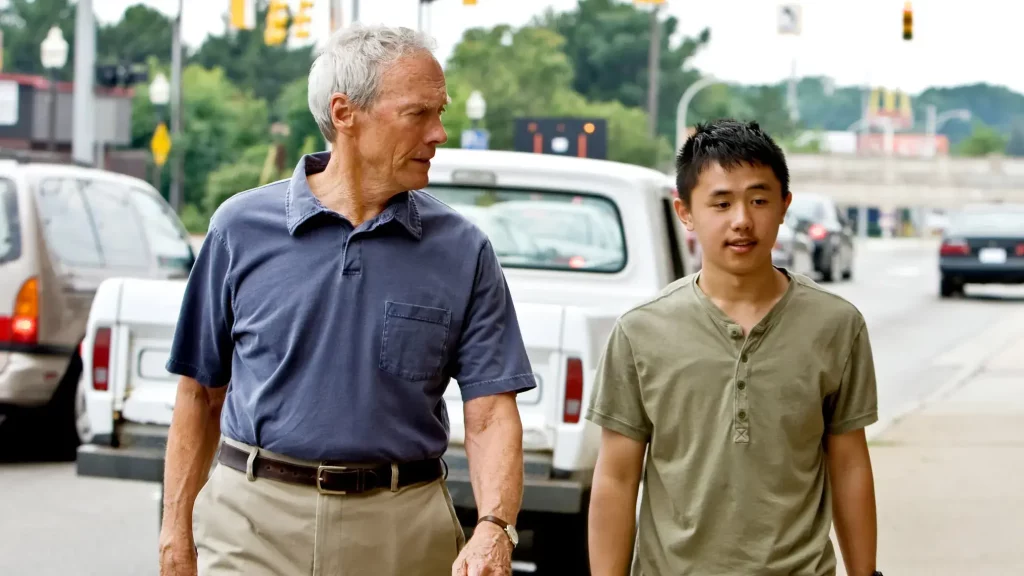
Gran Torino, which is termed as an ‘anti-Asian’ movie, was anything but that when director Clint Eastwood took hold of it. Instead, it was created with Hmong people in such a large production to spread awareness about their existence and their culture.
But while Eastwood’s character Walt, a bigoted white man, and his Asian co-star Bee Vang’s character Thao Vang Lor, a Hmong youth, had developed an unlikely friendship on-screen, the latter was initially against starring in the movie in the first place. Vang said,
“I never thought I would try out. I heard about the story and the ‘sides’ – the excerpts from the script that were used for auditions – and I was just really repulsed by what I read. I tried to make sense of the characters and their lines.”
He then shared how, despite his constant trying to understand the relations, he still couldn’t figure out several important points between them.
“But there were things I couldn’t figure out about the relations between Walt and the Hmong characters. For instance, at some point, Thao tells Walt ‘Go ahead. I don’t care if you insult me or say racist things, because you know what? I’ll take it.’ I didn’t understand why a character like Thao would say that. Why wouldn’t he object to being insulted? What does ‘taking it’ even mean? What was intended by the screenwriter or was this just careless writing?”
However, while Vang only wanted to reveal the truth, this still came as a betrayal to Clint Eastwood and his character in the movie, who had an unlikely yet beautiful friendship portrayal in the 2008 classic.
Bee Vang Is Still As Critical About Gran Torino As Ever
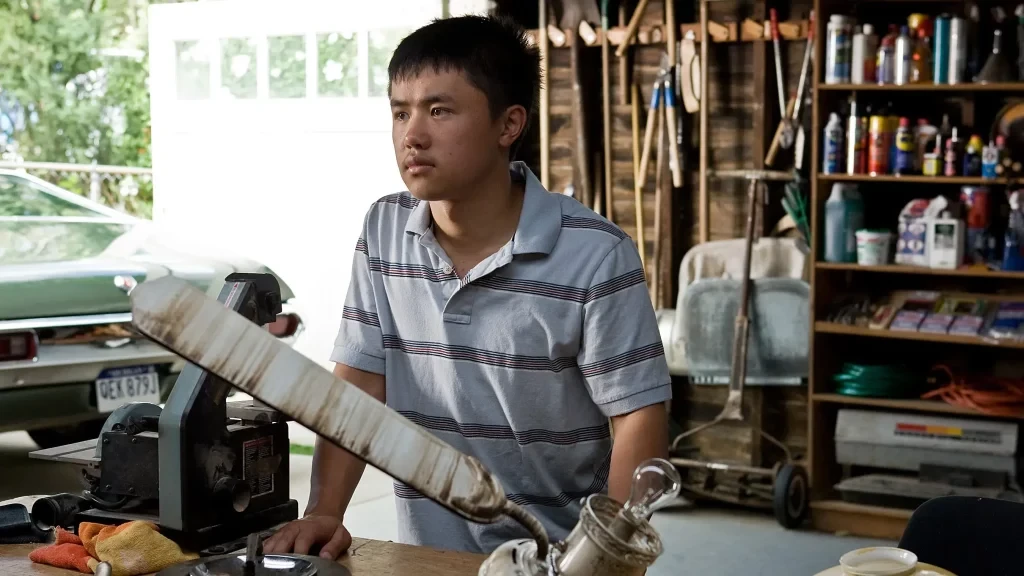
Although he did end up auditioning for the movie because of peer pressure, Bee Vang is still as critical about the portrayal of Asians, especially Hmongs, in the movie as ever. He has become one of the loudest advocates speaking against the film and in favor of the Asian-American communities.
“[The film had] mainstreamed anti-Asian racism, even as it increased Asian American representation. After Gran Torino’s release, Hmong around the country were furious about its negative stereotypes and cultural distortions. I know this acutely because when I spoke at public events, they came out to confront me. I found myself in the awkward position of explaining my obligation as an actor while also recognizing that, as a Hmong American, I didn’t feel I could own the lines I was uttering.”
He further explained how hard it was to clear his position in front of other Hmongs because the cast’s concerns were often not taken seriously enough.
“I reminded my critics that this was a white production,” Vang explained. “That our presence as actors did not amount to control of our images.”
But despite being widely criticized by one of the movie’s main leads himself, the Clint Eastwood starrer movie still received critical acclamation for the outstanding chemistry shown between the characters as well as how they grew and developed together despite their differences.
You can watch Gran Torino on Amazon Instant Video.
Source: Hmong Studies Journal

